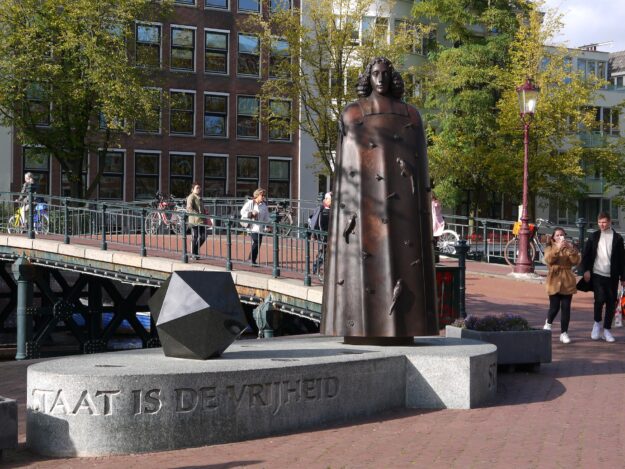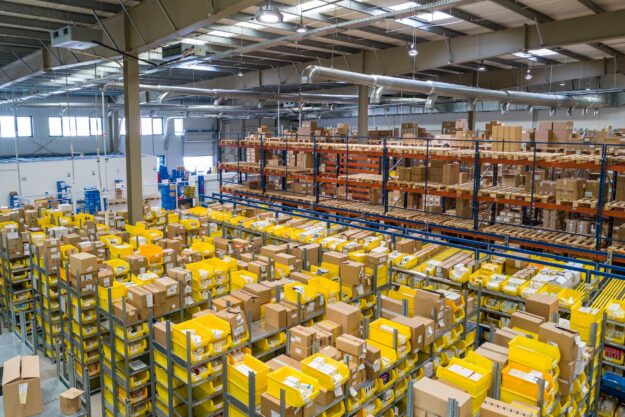Global Trade Trends in International Trade: Examining Patterns and Shifts
Global trade trends in international trade reflect the changing dynamics of the global economy. The rise of emerging markets, the importance of regional trade agreements, technological advancements, and geopolitical factors influence trade patterns. These trends have shaped the global trade landscape, providing opportunities for businesses to expand their reach and participate in cross-border trade. Understanding these trends is crucial for businesses to adapt to the evolving global trade environment and leverage the benefits of an interconnected world.










